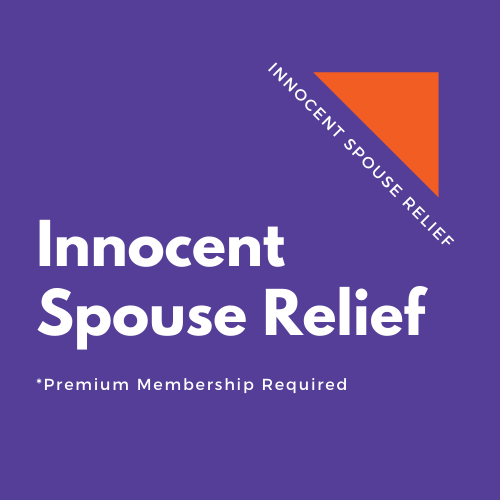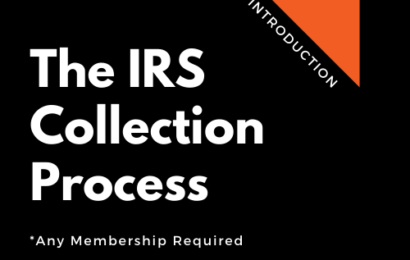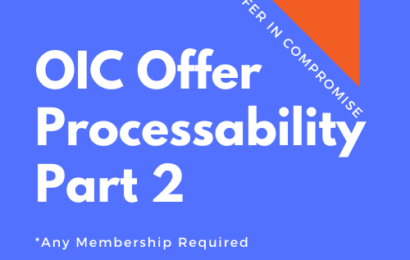
- Instructor: Attorney Bob Schaller
- Lectures: 9
- Quizzes: 1
Innocent Spouse Tax Relief.
Congress has authorized “Innocent Spouse Relief” for qualifying spouses to relieve them from certain joint and several tax liability related to an understated tax deficiency. 26 U.S.C. § 6015(a)(1). Through the “Innocent Spouse Relief” program, the Requesting Spouse can be relieved of responsibility for paying any additions to tax, interest, and penalties if the Non-Requesting Spouse improperly reported items or omitted items on the joint tax return. The tax, interest, and penalties that qualify for relief can only be collected from the Non-Requesting Spouse after Innocent Spouse Relief is granted. However, the Requesting Spouse remains jointly and individually responsible for any tax, interest, and penalties that does not qualify for Innocent Spouse Relief. The IRS can collect these amounts from either the Requesting Spouse or the Non-Requesting Spouse when Innocent Spouse Relief is denied.






